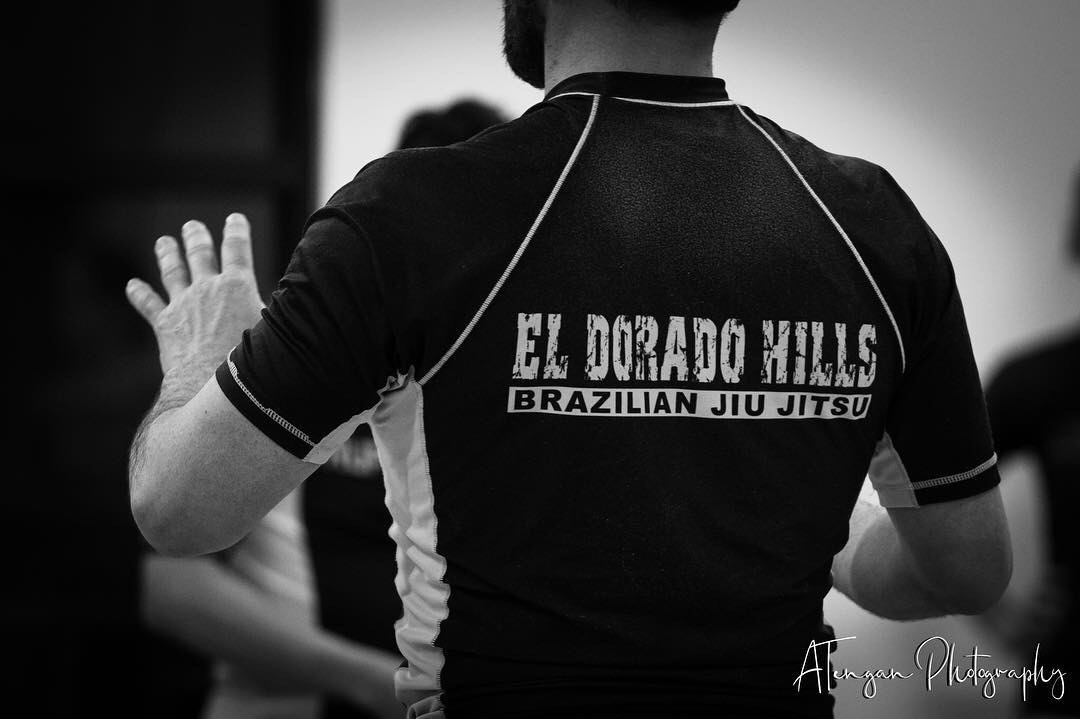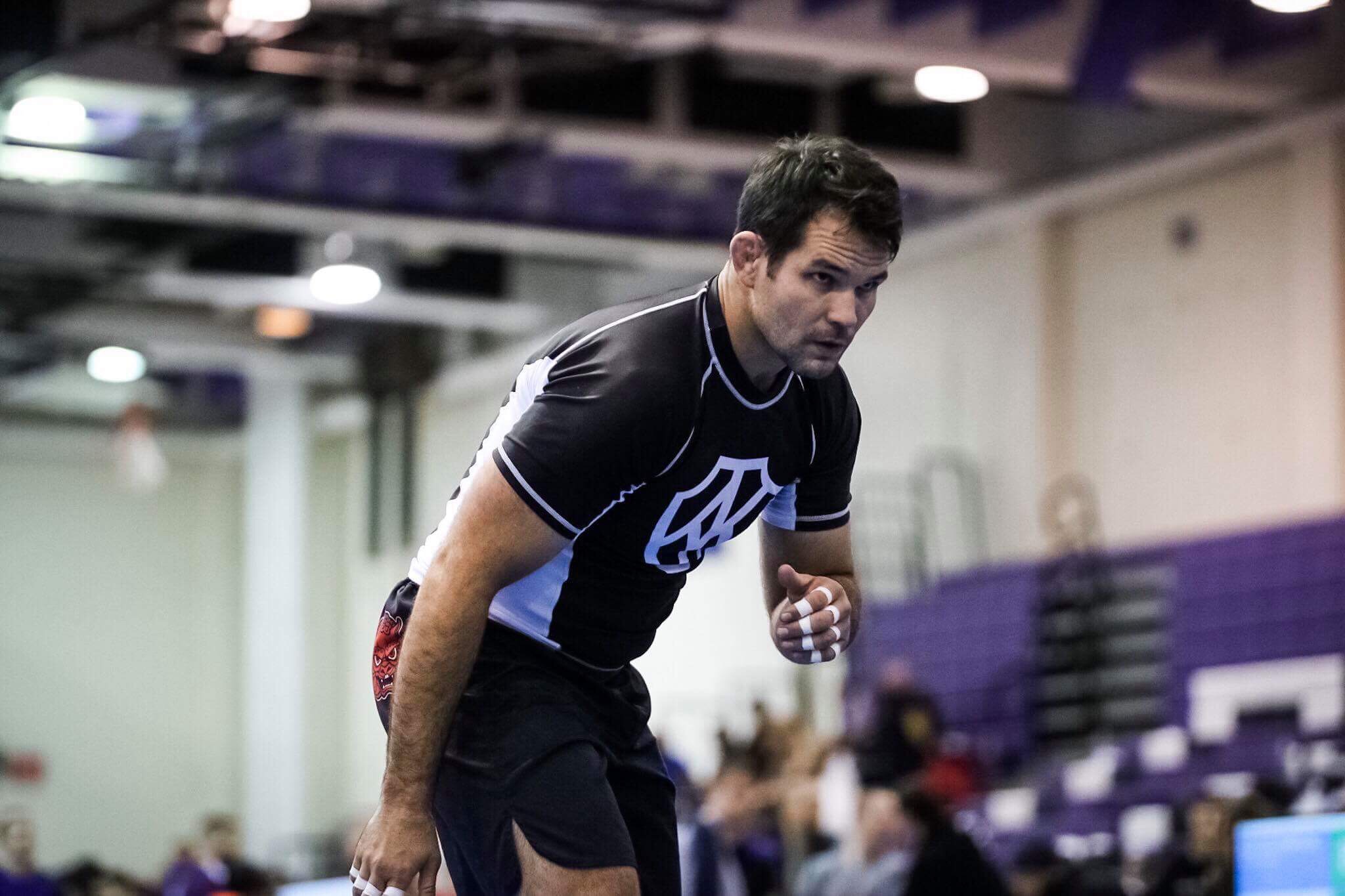There’s a few phrases I want to talk about today. They have a similar ring to them yet, also have some different implications.
- Practice makes perfect
- Perfect practice makes perfect
- Practice, not perfect

Ironically, you can’t have one without the other. Both ideas of consistency and attention to detail are important. You can go through a detailed practice but if you aren’t consistent your progress will most likely be stunted. Conversely, if you train all the time but never turn your attention to details, you will eventually struggle.
“Practice makes perfect” directs our attention to the macro, “perfect practice makes perfect” directs us to the micro. Macro being the daily routine and consistency in action. Micro being the content of each day. From consistency to quality.
A living example of both consistency and quality, I recently came across a documentary with Kyokushin karate founder, Mas Ooyama, who talked about the importance of kata training. He explains the importance of following strict kata details in daily practice. However, he also says to forget the details and just fight when sparring. I believe this is his way of saying to take off any restraints, especially those imposed by the notion of perfection. His idea seems to place heavy restraints of perfection during the practice of kata and drilling, but to take the restraints off when sparring or going full speed.
The third phrase, “practice, not perfect,” further expanded my insight into the varying ideas of practice. This phrase came to my attention through my recent participation in yoga. My teacher said the phrase in class and it has served as a reminder to be kind to myself. And a reminder to realize my imperfections as an authentic part of being who I am.
While “practice makes perfect,” and “perfect practice makes perfect,” nudges us to try our best and push through barriers of imperfection and resistance, the third phrase works as a reminder to embrace our flaws.
To embrace my flaws can seem as a contradiction when pursuing perfection. Much like Mas Ooyama Sensei exposes the contradiction between the practice of kata and sparring, it’s important to embrace our failures and Imperfections during practice. While practice should bring us closer to perfect, practice (and learning) is built around failure, not perfection. In fact, practice is a breeding ground of failures. I believe a good practice room will work toward perfection while allowing imperfections and failures. When failure is accepted, you’re not worried about trying technique, going so hard you can’t go any more, or being creative and exploring the possibilities of a position. We call it “practice, not perfect,” because practice teaches us to learn about our limitations, our imperfections, and work toward perfection. Practice is how we will learn what we are able to do and not able to do.
Perfection therefore, is an accumulation of our failures and our imperfections. Through the collaboration of consistency, attention to detail, and failure we find perfection. I hope each of these three phrases serve you in your practice.